Not drinking water may indirectly lead to acne, but it is not the direct cause. Skin dehydration can stimulate sebaceous glands to secrete more oil and clog pores, while insufficient moisture can also affect toxin metabolism. Long acne is mainly related to factors such as hormone levels, bacterial infections, and abnormal keratinocyte metabolism.
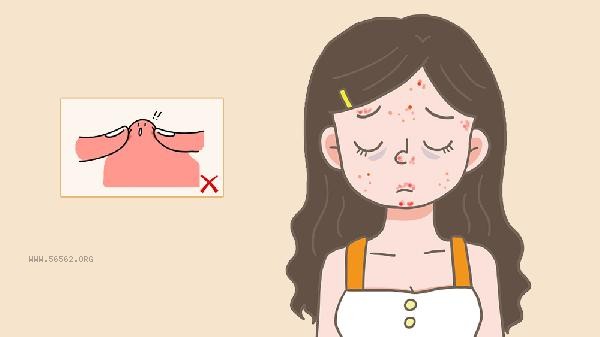
The human body needs sufficient moisture every day to maintain the skin barrier function. When lacking water, the stratum corneum becomes dry and sheds abnormally, which may mix with oil to form keratin plugs and block pores. At the same time, the detoxification efficiency of the kidneys decreases, and the accumulation of waste in the body may stimulate inflammatory reactions. But simply not drinking water rarely directly causes acne, usually accompanied by a combination of factors such as high sugar diet and staying up late.
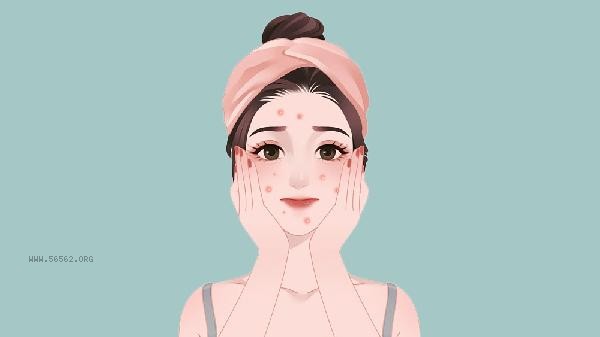
Some people are sensitive to dehydration, and short-term lack of water intake can lead to increased skin oiliness and enlarged pores. If this type of constitution lacks sufficient drinking water for a long time, it may be more prone to recurrent acne than other populations. However, clinical statistics show that the main pathogenic factors for over 90% of acne patients are still androgen fluctuations or Propionibacterium acnes infection.
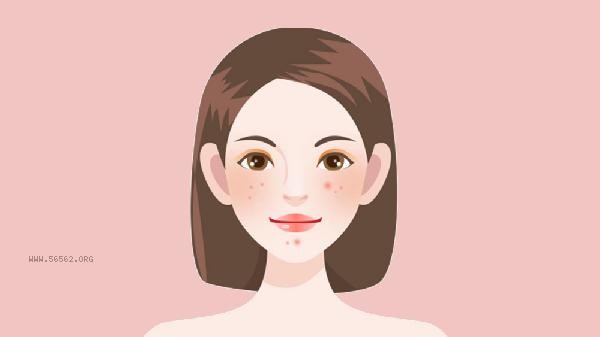
It is recommended to drink 1500-2000 milliliters of water daily, paired with foods containing zinc and B vitamins to help control oil. When cleaning, choose amino acid based cleansers to avoid excessive fat removal and damage to the skin barrier. If acne recurs with redness, swelling, and pus filled bumps, there may be bacterial infection and anti-inflammatory treatment should be sought.

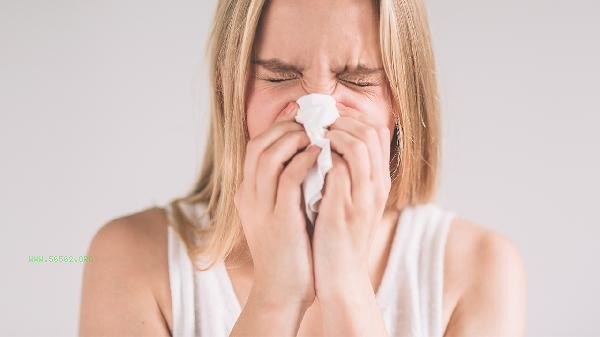
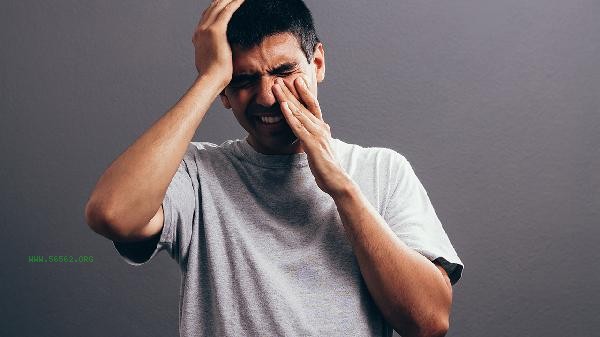
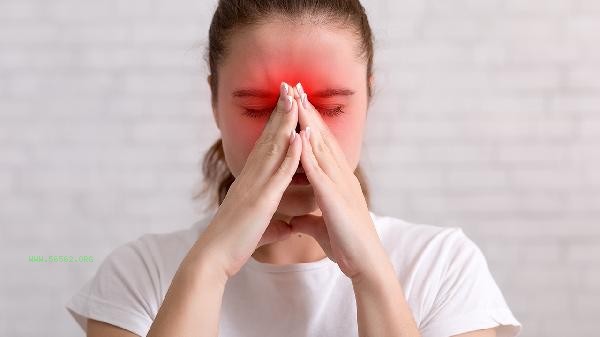
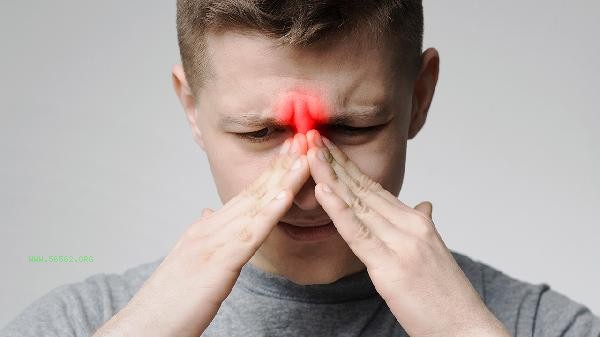
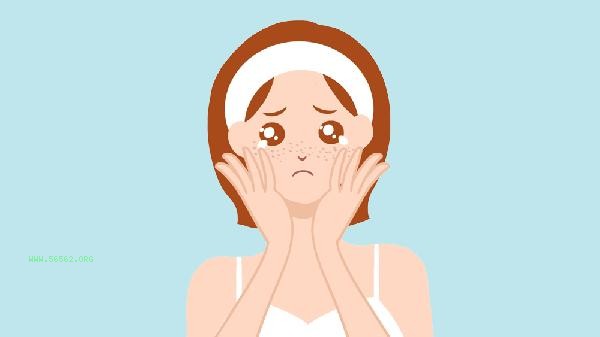


Comments (0)
Leave a Comment
No comments yet
Be the first to share your thoughts!